Ask most people what they think the future will bring in the next 10, 20, 50 years, and you’re likely to encounter pessimism. Drought, famine, war, disease, scarce resources. The planet is warming up, we’re killing of species by the hundred-fold, destroying this one and only planet we’ve been given. Right now we have Ebola, Global Warming, ISIS, and a newly elected American Congress that has promised to roll back much-needed health reforms. The future does indeed look bleak.
Few people you will meet will expound the optimistic views of the 70s and 80s. Colonies in space. Environmentally friendly cities. Famine, disease, war rendered obsolete simply by the fact that we have moved from a society of scarcity to one of plenty.
Our optimistic visions of this:
Have been replaced with this:
Our defining vision for the 21st century is dystopia, at least so far. Part of this is fueled by the media we consume. Film, video games, television. But they are not to blame. Art echoes stark realities, casts a mirror on our inner psyche. While some live in utter luxury, others on this planet must scour garbage of others to survive. While we send probes to the planets and beyond, loft massive ships into Earth orbit, a ten year old boy dies of Ebola, alone, suffering, without adequate care, to be forgotten.
It’s easy to be bleak, pessimistic. Our politicians like clockwork fail to live up to their promises, or fall into scandal and shame. Instead of propping up the forward-thinking, most intelligent, philosophical and artistic among us, we praise those who have the prettiest face, or are the most obnoxious, or who, by nature of their birth, simply have more money than we do.
Some called Gene Roddenberry a utopianist, but I think he had it right: humanity needs a vision of the future that is grand instead of bleak, optimistic instead of dire. And he was wise enough to know that a post-scarcity world does not mean that all suffering will be eradicated. It simply means that, barring exceptional circumstances, all individuals will have the opportunity to pursue whatever they can imagine.
But this is not the world we live in. If you are lucky enough to be born into a class or society where you have access to healthcare, food, education, you are already ahead of the game. But even so, most in the Western world struggle with crushing debt, an economy that favors the top as it exploits the lowest among us.
We do have plenty, as William Gibson said, it’s just not evenly distributed.
I think our problem — and I want to say up front that it’s a solvable one — is that we — we as in humanity as a whole — have no singular vision for the 21st century. And so, because we choose not to strive for an ideal humanity, or because all the billions of shouting voices just devolve into noise, we revert to the stock image of the future that we’ve been fed via media for the past several decades: dystopia.
Stop for a second. Name one film, book, video game, or other media you’ve encountered in the past five years that presented a view of the future that wasn’t bleak. Can you name ten? Five? One?
Now, how many of the dystopian variety can you think of? Fifty? A hundred? More?
Part of our problem is a lack of foresight. Unless we plan for a different future, unless we actively strive for a future that we all can embrace, we will instead receive that which our subconscious automatically creates, and that will be fueled by our default vision of the future. Instead of this default vision, can we imagine a future in which:
- Everyone on the planet has affordable or free access to food, water, clothing, shelter, and healthcare
- Everyone on the planet has access to affordable or free education up to any level their minds desire
- A massive reduction in fossil fuel use to be replaced with sustainable resources
- A slowing of population growth to sustainable levels
- Reduction and eventual elimination of war and the reasons for it, which are typically: land, religion, resources
- A massive ramping up of the search for life in the Cosmos
- A massive slowdown of resource depletion concomitant with renewed efforts to preserve and protect all living species
- A commercial, private space program with an intent to expand humanity’s presence beyond Earth
I’m sure we can think of more, but these would be a good start. And the most important thing is that all of them are very much possible, especially if each of us, individually, work towards one or more of those goals each day. Even if only a small percentage of humanity’s billions took up these goals, think of the change that might be possible. The mode we are living in now: scarcity, debt, war, poverty, a surveillance state…this inevitable slide into dystopia is but one mode of many. And all we have to do is shift our consciousness a bit to realize that another mode is possible. And that can just as easily be inevitable too, so long as we make it happen, so long as we consciously act to bring it into the world.




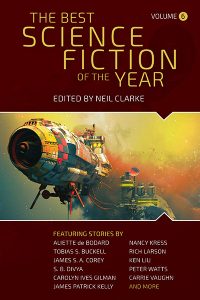











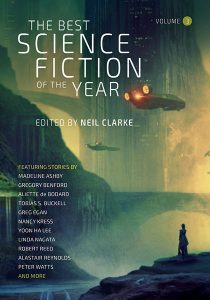













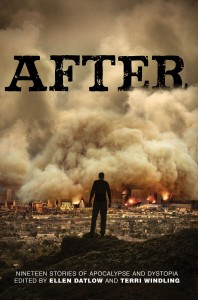



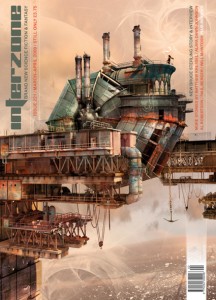

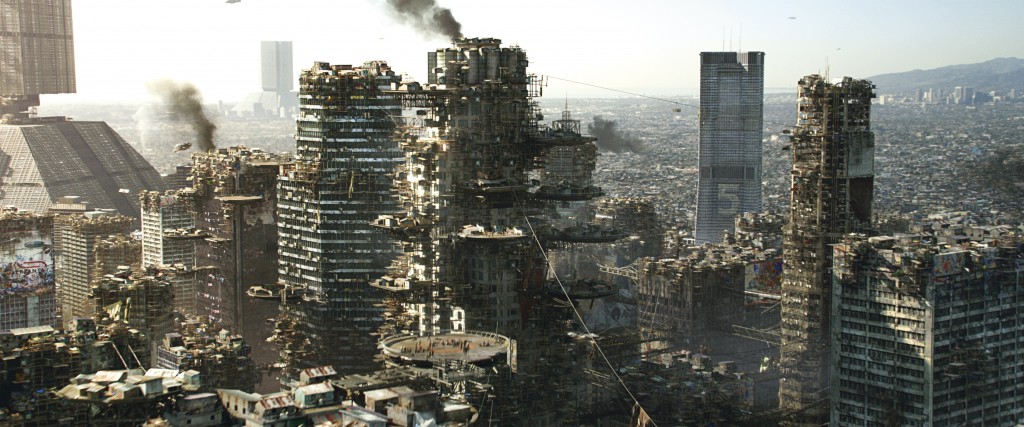

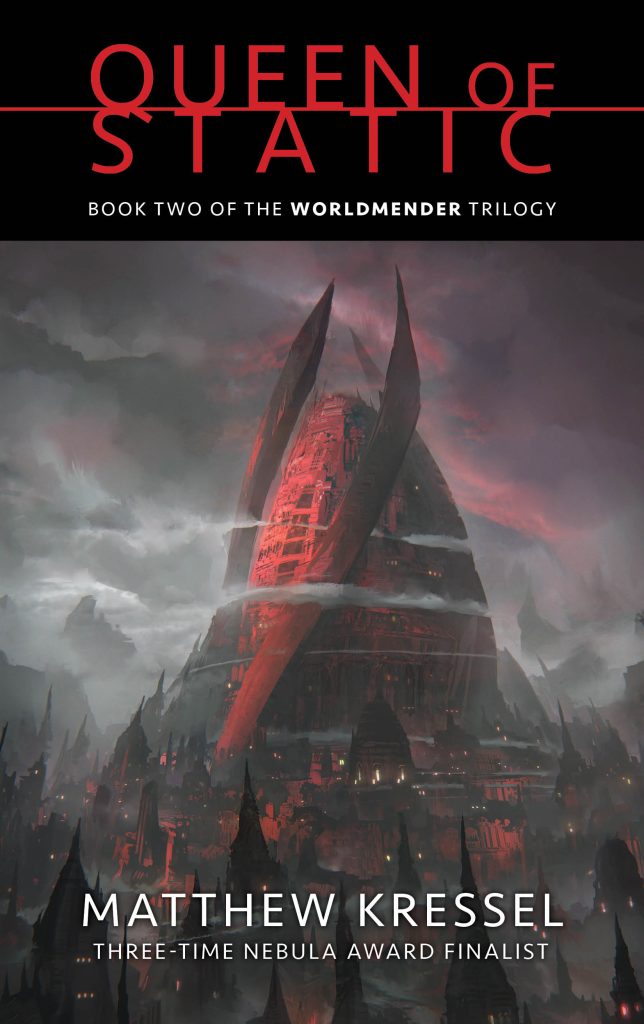

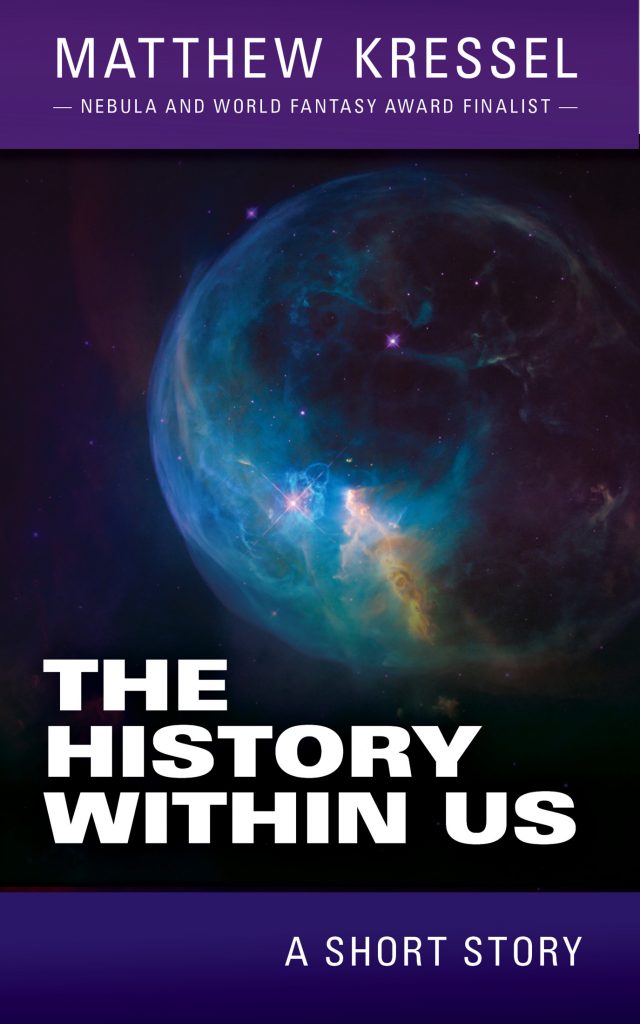
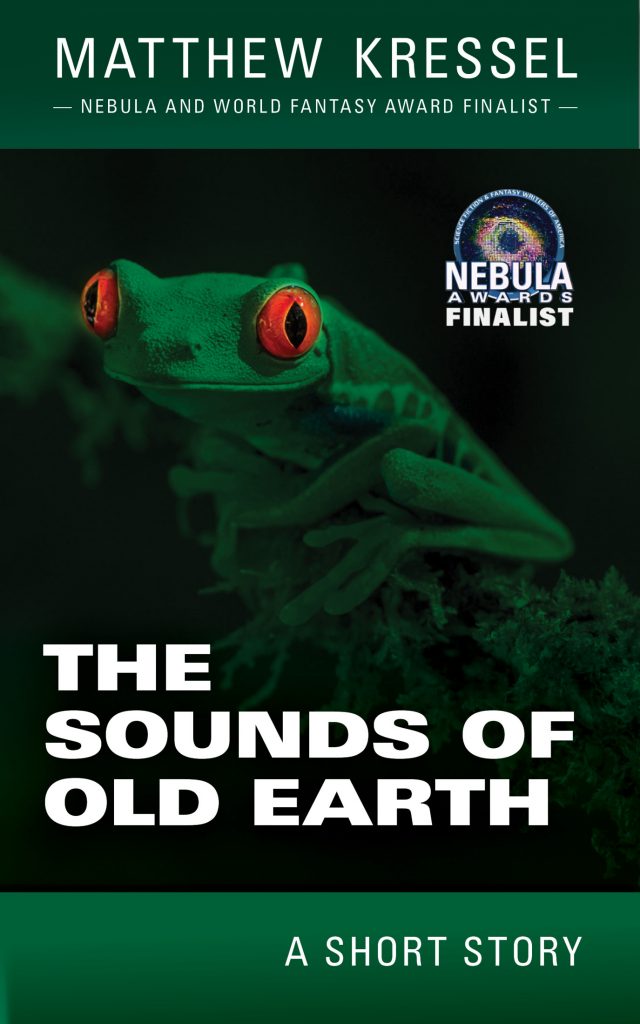
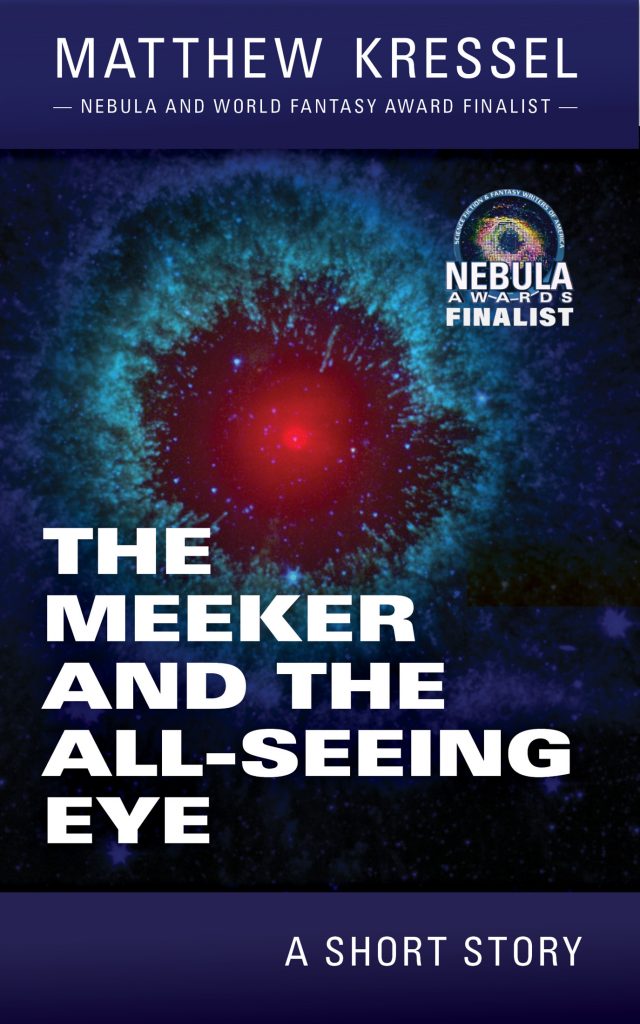
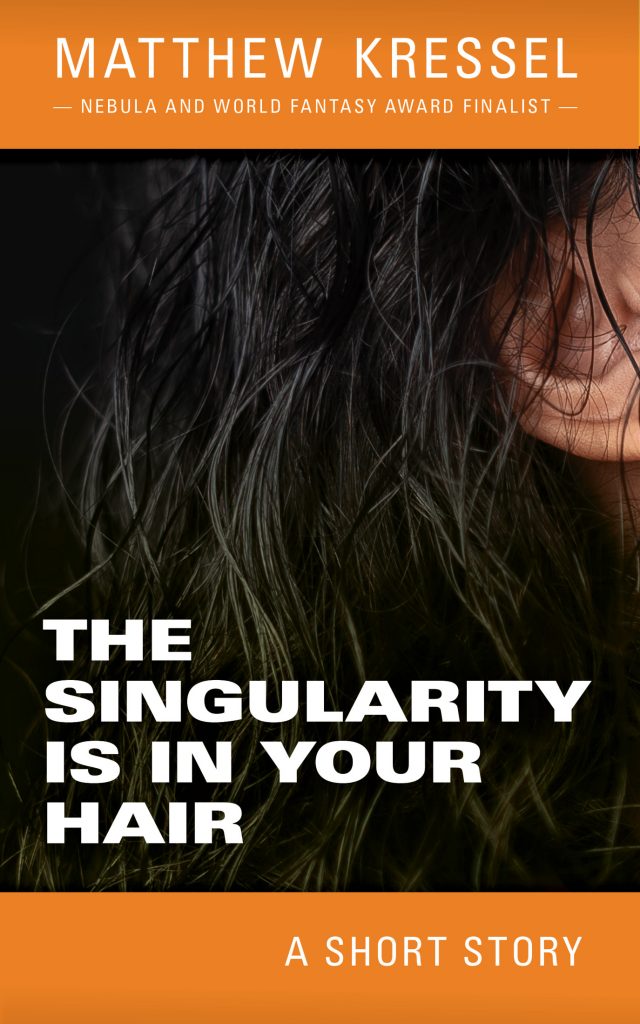
November 13, 2014 at 2:48 pm
Great post, Matt, and obviously I agree with most of it.
Now, would you mind telling me which stories that *you* have written so far do indeed portray an optimistic vision of the future? I’m not being snarky here: I really wish to know so I can read them.
November 30, 2014 at 10:43 am
Thanks, Jetse. “The Last Probe” is probably my most optimistic story, though that may be spoiling it. Also, depending on how you read it, “The Sounds of Old Earth” is partially optimistic. Admittedly, I need and plan to write more.